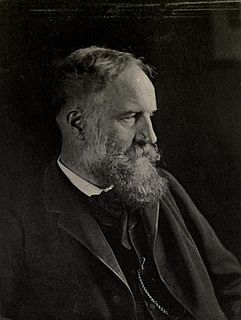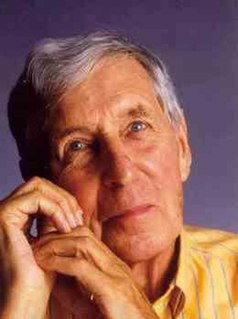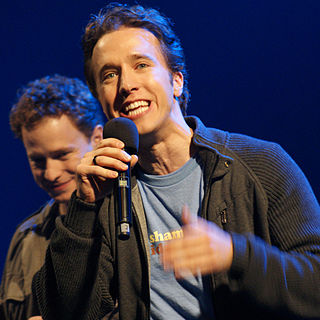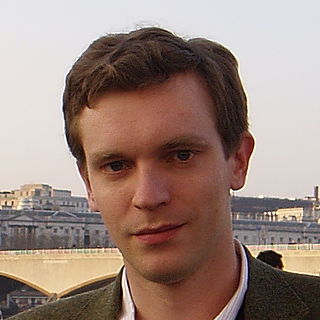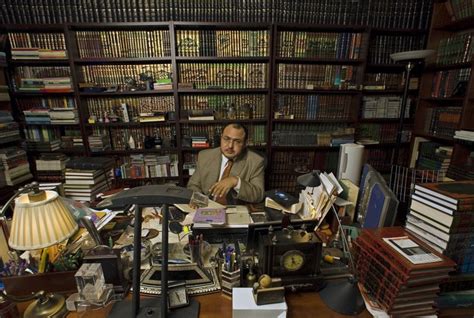A Quote by Benazir Bhutto
Pakistan is heir to an intellectual tradition of which the illustrious exponent was the poet and philosopher Mohammad Iqbal. He saw the future course for Islamic societies in a synthesis between adherence to the faith and adjustment to the modern age.
Related Quotes
Faith is indeed intellectual; it involves an apprehension of certain things as facts; and vain is the modern effort to divorce faith from knowledge. But although faith is intellectual, it is not only intellectual. You cannot have faith without having knowledge; but you will not have faith if you have only knowledge.
In the West nowadays, it's very common to talk about the Judeo- Christian tradition. It's a common term. The term is relatively modern but the reality is an old one. One could with equal justification talk about a Judeo-Islamic tradition or a Christian-Islamic tradition. These three religions are interlinked in many signification ways, which marks them off from the rest of the world. And I think there is a growing awareness of this among Christians and among Jews, and even to some extent to some Muslims. That's happening for obvious reasons.
Of all intellectual friendships, none are so beautiful as those which subsist between old and ripe men and their younger brethren in science or literature or art. It is, by these private friendships, even more than by public performance, that the tradition of sound thinking and great doing is perpetuated from age to age.
The second part of that war was that Muslims came from all over the country to Pakistan, and they met each other. For the first time those men had an awareness of the Islamic world as a whole, not of just Egypt or Algeria or Indonesia, but of what Muslims call the Uma, the Islamic community. And that's an extraordinarily important thing. And that emanated in Pakistan.
There were internal critics, sharp critics, who were very opposed to [Malcolm X], and who were very - some of them were members of Elijah Mohammad's family, such as Herbert Mohammad, Raymond Shareef, who was the head of the Fruit of Islam, the brother-in-law of - the son-in-law of Elijah Mohammad. They isolated Malcolm X and kept him out of the newspaper of the organization Mohammad Speaks for over a year, which is kind of curious.
Every faith uses some kind of tool to understand itself better. Faith seeks understanding. The Western tradition has used philosophy to understand the truths of the faith and you come up with theology. Where as, Islam at a certain point said: we'll use law. There are these four major, developed schools of Islamic jurisprudence.





